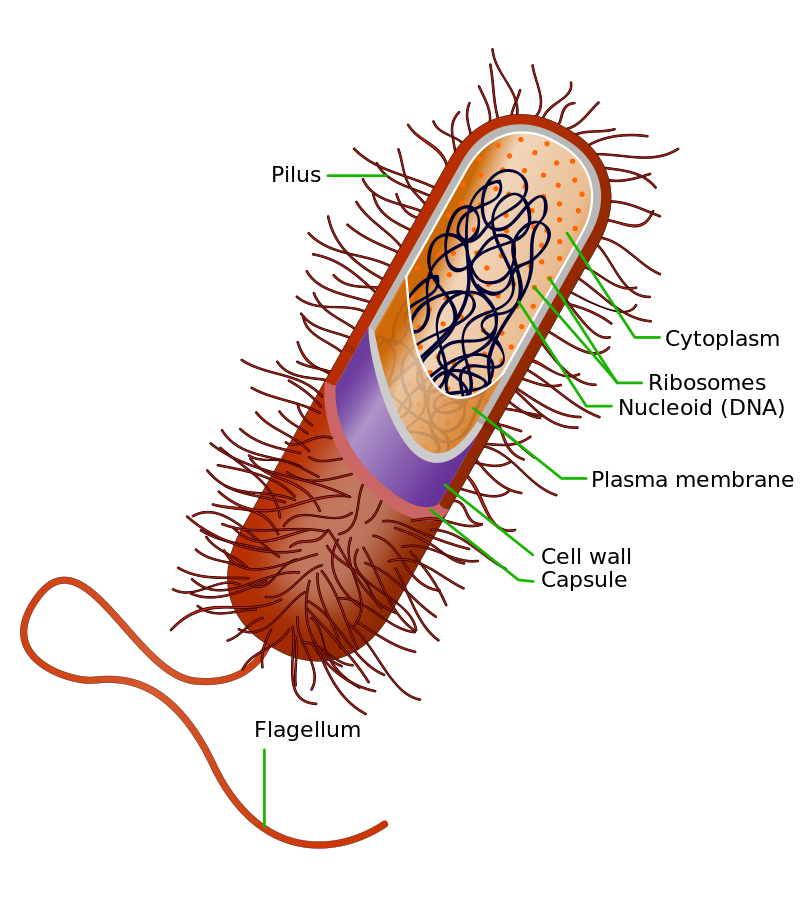
Prokaryotic Cell

Prokaryotic Cells: The Ancient and Adaptable Pioneers of Life
Introduction
Prokaryotic cells, the earliest and most primitive forms of life on Earth, play a remarkable role in the biosphere. Despite their structural simplicity, these tiny organisms exhibit extraordinary diversity and resilience. Understanding prokaryotes is vital for grasping the fundamentals of microbiology, evolution, and ecology.
What are Prokaryotic Cells?
- Definition: Prokaryotic cells are single-celled organisms that belong to the domains Bacteria and Archaea. They lack a membrane-bound nucleus and other sophisticated organelles characteristic of eukaryotic cells.
- Size: Prokaryotes are incredibly small, typically ranging from 0.1 to 5 micrometers in diameter.
- Structure: Key features of a prokaryotic cell include:
- Cell Wall: A protective outer layer that provides shape and rigidity.
- Plasma Membrane: A phospholipid bilayer that regulates the movement of substances into and out of the cell.
- Cytoplasm: A gel-like fluid that contains the cell's essential components.
- Nucleoid: A region where the cell's DNA, usually a single circular chromosome, is concentrated.
- Ribosomes: Sites for protein synthesis.
- Optional structures: Some prokaryotes may have flagella (for movement), pili (for attachment), or a capsule (for protection).
Types of Prokaryotes
Prokaryotes are incredibly diverse and classified into two domains:
- Bacteria: Bacteria are found almost everywhere, including soil, water, and within our bodies. They include both beneficial and disease-causing types.
- Archaea: Archaea are often found in extreme environments such as hot springs, salt lakes, and deep-sea vents. They are known for their unique metabolic abilities.
The Importance of Prokaryotes
- Ecosystems: Prokaryotes play crucial roles in ecosystems as decomposers, nitrogen fixers, and primary producers.
- Human Health: Our bodies contain a vast 'microbiome' of prokaryotes, influencing digestion, immunity, and even mental health.
- Industrial Applications: Prokaryotes are used in various industries, including food production (yogurt, cheese), bioremediation (cleaning up pollution), and biotechnology (producing useful substances).
- prokaryotic cells, bacteria, archaea, microbiology, cell structure, cell biology, domains of life


